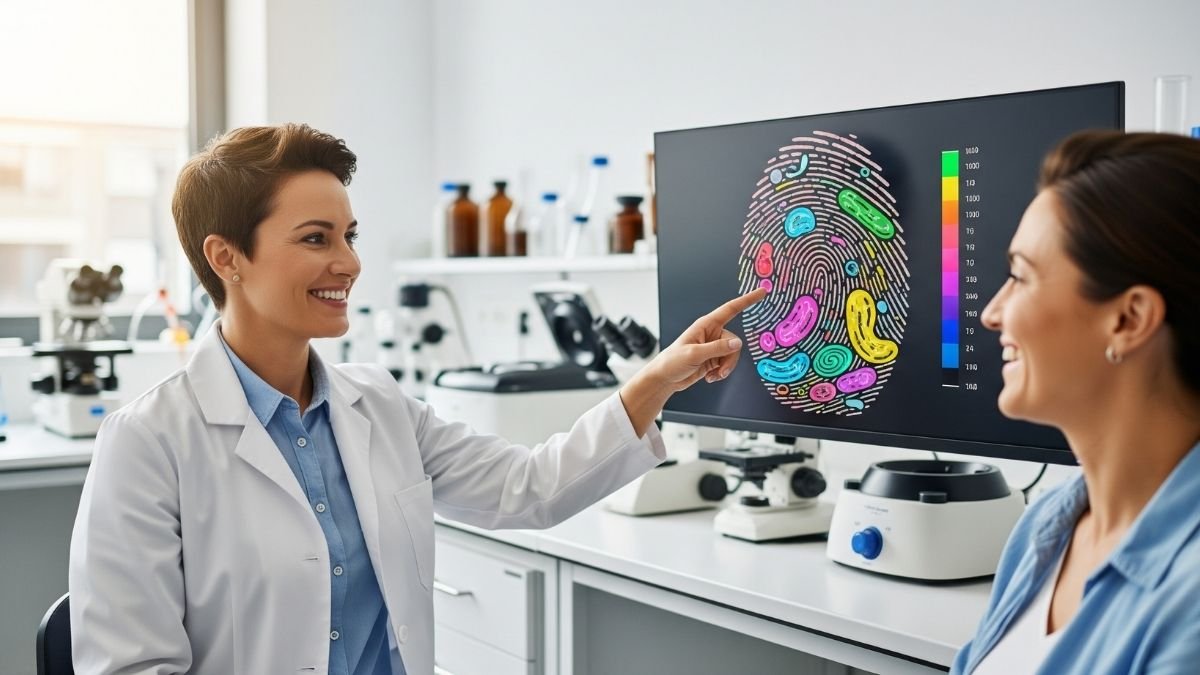
Ever wondered what makes you… you?
Sure, you’ve got your unique fingerprints, your one-of-a-kind DNA, maybe that weird birthmark shaped like Texas. But here’s something that’ll blow your mind: The bacteria living in your gut right now are more uniquely yours than any of those things.
I’m not kidding. Stanford researchers just dropped a bombshell study that’s turning everything we thought we knew about our bodies upside down. They tracked 86 people for six whole years and discovered something incredible: your weirdest, most personal gut bacteria are actually your most stable health partners.
Think about it. You share 99.9% of your DNA with every other human on the planet. Even identical twins? They only share about 34% of their gut microbes. That’s barely more than you’d share with a stranger walking down the street!
So what does this mean for you? Buckle up, because we’re about to dive into why your gut bacteria might be the key to personalized medicine, better health, and even solving crimes.
The Study That Changed Everything
Stanford’s 6-Year Microbiome Study: By The Numbers
Let me paint you how massive this research was.
Stanford scientists followed 86 adults for 6 years. Not 6 weeks. Not 6 months. Six. Full. Years. They collected over 5,400 biological samples and analyzed more than 118 million data points.
Here’s what they found that shocked everyone:
The bacteria that make you unique aren’t going anywhere. While the “good” bacteria that health gurus always talk about (the ones we all supposedly share) were constantly changing, your personal bacterial signatures stayed remarkably stable.
Dr. Michael Snyder, who led the research, put it perfectly: “A lot of people would suspect that the bacteria shared among us would be the most important and thus the most stable. We found the complete opposite.”
It’s like discovering that while everyone’s favorite pizza toppings keep changing, your weird obsession with pineapple and jalapeños has been rock-solid your entire life.
Your Body Is a Walking Bacterial Universe
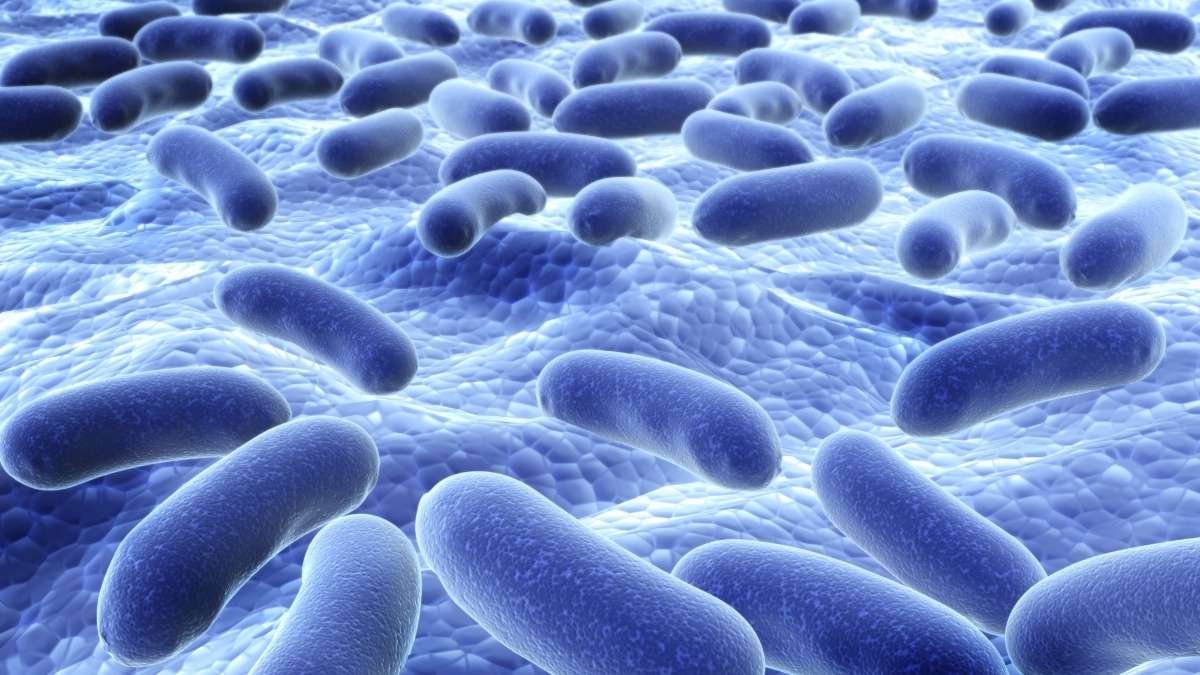
Ready for some mind-blowing numbers?
Right now, as you’re reading this, you’re carrying around:
- 38 trillion bacteria (that’s more bacterial cells than human cells in your body)
- About 200 grams of microbes (roughly the weight of a hamster)
- Over 232 million bacterial genes (that’s 10,000+ times more than your human genes)
But here’s the crazy part: these aren’t just random hitchhikers. They’re working as one coordinated system across your entire body.
When bacteria in your nose change (like when you catch a cold), your gut bacteria immediately get the memo and start adjusting too. It’s like having a biological WhatsApp group chat happening 24/7 inside you.
Your Bacterial Fingerprint vs. Your Actual Fingerprint
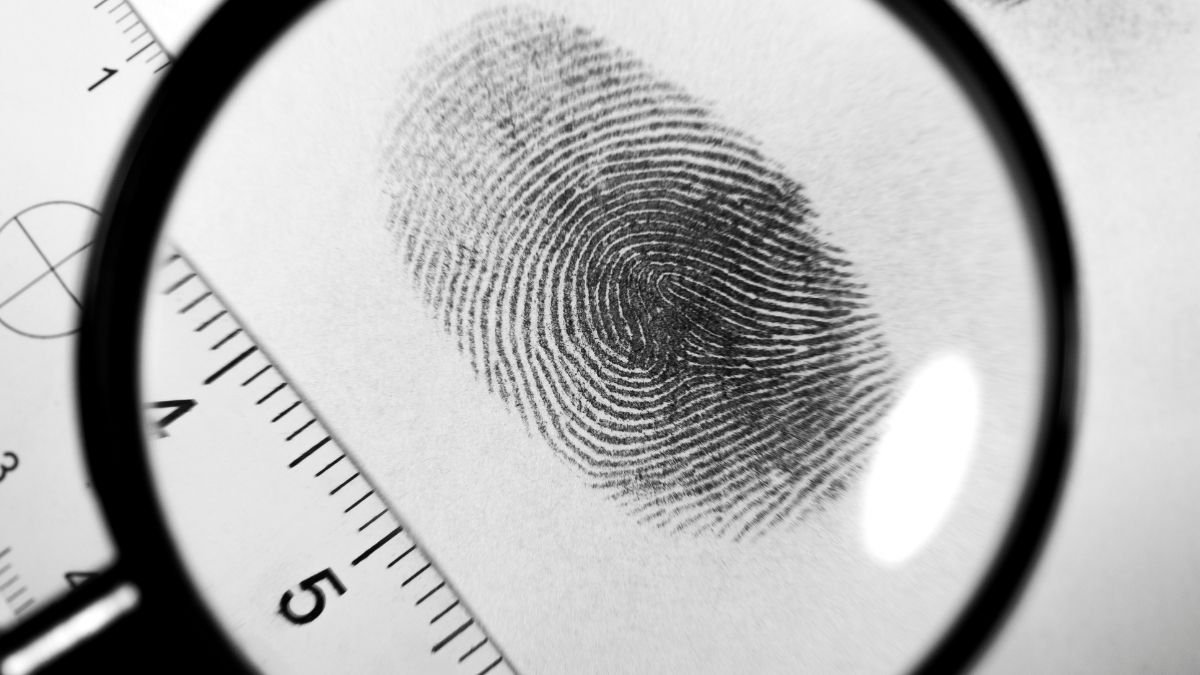
Let’s put this uniqueness into perspective:
Identical twins:
- Share virtually identical DNA ✅
- Share identical fingerprints ❌
- Share gut bacteria? Only 34% (barely more than strangers!)
You and a random person:
- Share 99.9% of DNA
- Share 30% of gut bacteria
- Could be identified by bacterial signature with 80%+ accuracy after a full year
Your microbiome is literally more personal than your genetics.
Why Your Weirdest Bacteria Might Be Your Best Friends
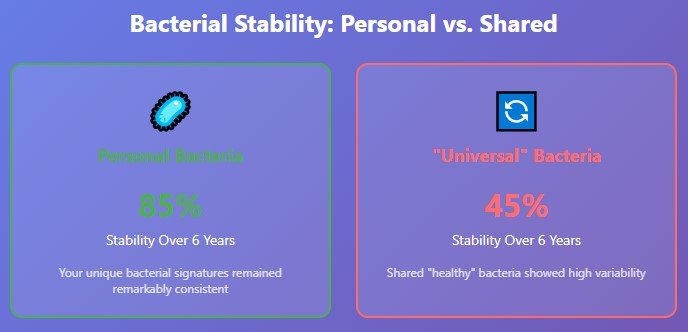
Here’s where it gets really interesting for your health.
All those probiotic ads telling you about the “good bacteria” everyone needs? They might be missing the point entirely.
Your most unique bacterial strains showed the greatest stability over 6 years. Meanwhile, those “universally healthy” bacteria everyone talks about? They were all over the place—here today, gone tomorrow.
Think of it like this: everyone talks about having good friends, but your best friends—the ones who really know you, who stick around through thick and thin—those are the irreplaceable ones.
What This Means for Your Health
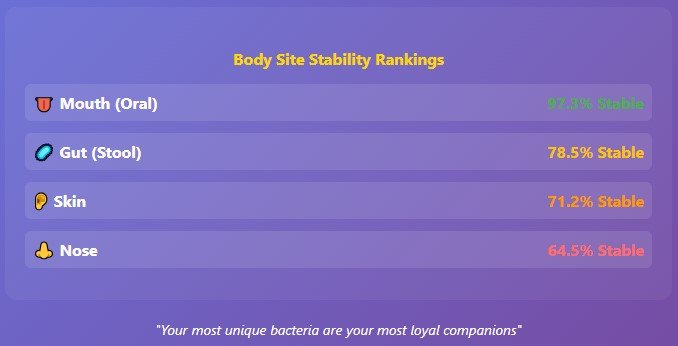
Instead of trying to copy everyone else’s microbiome, you might be better off nurturing the bacterial partners you already have.
This could revolutionize how we approach:
- Digestive issues (working with your unique bacteria instead of against them)
- Mental health (your gut-brain connection is as personal as your fingerprint)
- Immune function (your bacterial bodyguards know your system better than anyone)
- Weight management (your metabolism is tied to your unique microbial setup)
The Future Is Getting Personal (Really Personal)
The implications of this research are staggering.
Precision Medicine Gets Microscopic
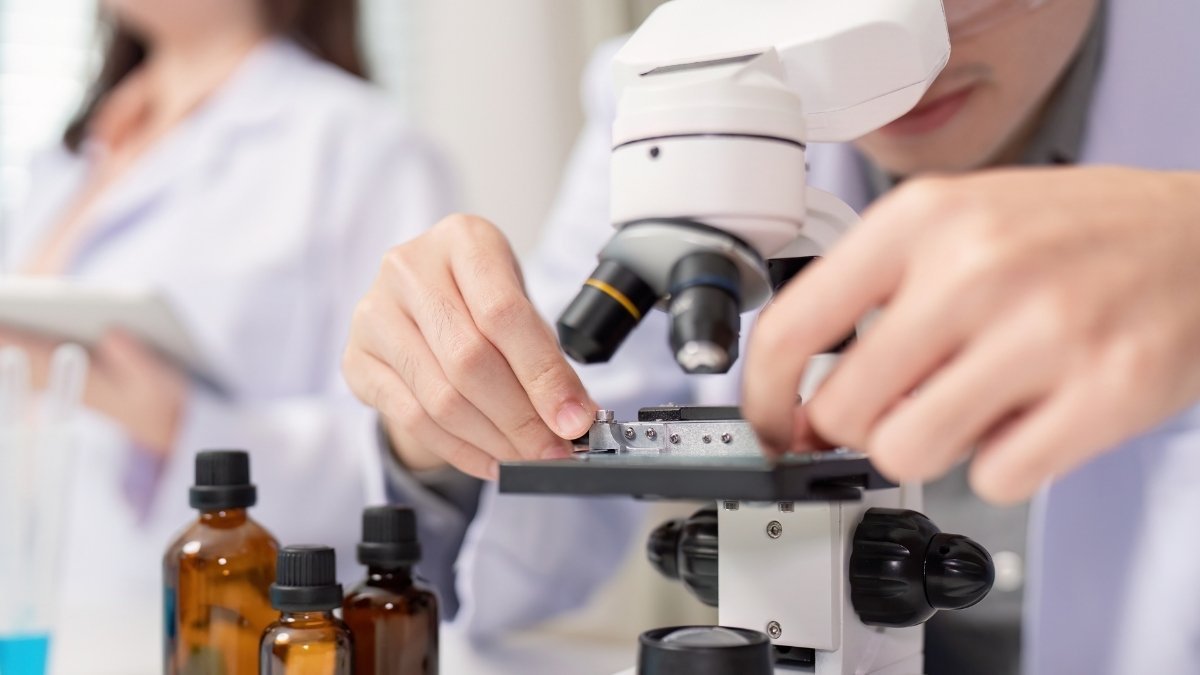
Walking into your doctor’s office and getting treatment based on your exact bacterial profile. Not generic advice—treatment designed specifically for your microbial makeup.
Companies are already working on this:
- Precision probiotics engineered for your specific bacterial ecosystem
- Personalized dietary recommendations based on how your bacteria process different foods
- Custom treatments that work with your unique microbial partners instead of against them
CSI: Microbiome Edition
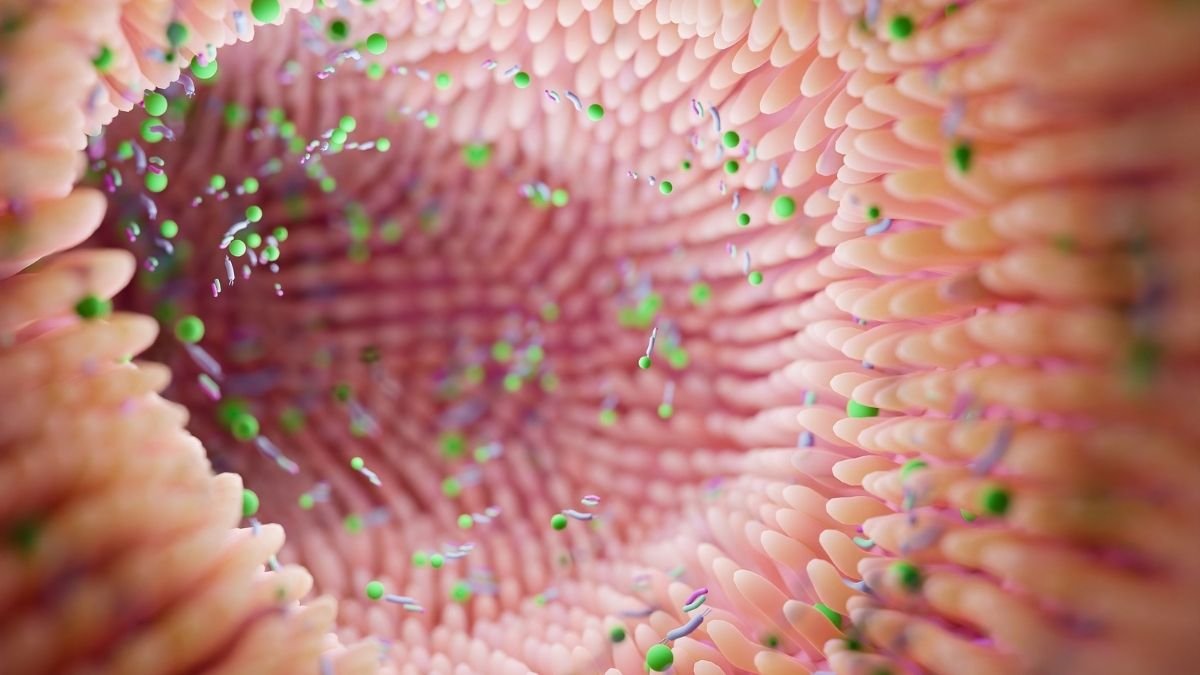
This is where things get really sci-fi.
Your bacterial signature is so unique that forensic scientists can now:
- Identify you from traces left on surfaces with up to 100% accuracy
- Track your recent locations based on bacterial evidence
- Determine your lifestyle patterns from microbial samples
You literally leave a bacterial calling card everywhere you go. Your keyboard, your phone, even surfaces you touched weeks ago—they all carry your unique microbial signature.
Privacy advocates are understandably freaking out about this.
The $8.9 Billion Question

The microbiome market is exploding—projected to hit $8.9 billion by 2034.
Why? Because personalized bacterial treatments are actually working:
- Rebyota (first FDA-approved microbiome therapy): 80%+ success rate, $9,000 per dose
- VOWST: Reduces infection recurrence from 24% to under 8%
- 170+ clinical trials currently testing microbiome-based treatments
What You Can Do Right Now
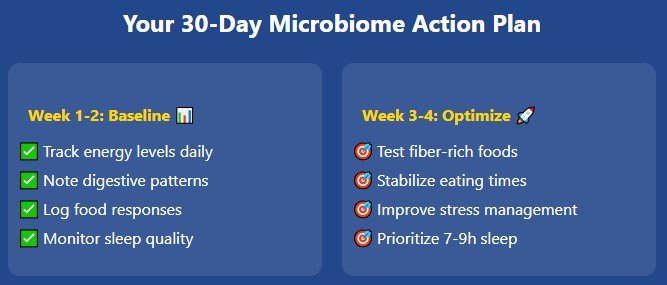
Okay, this is all fascinating, but what can you actually do with this information?
1. Stop Trying to Copy Everyone Else’s Microbiome
Those “optimal microbiome” guides online? Take them with a grain of salt. Your bacterial ecosystem is as unique as you are.
Instead of chasing someone else’s microbial profile, focus on supporting the bacterial community you already have.
2. Think Systems, Not Supplements
Remember how your entire body’s microbiome works as one system?
Support the whole network:
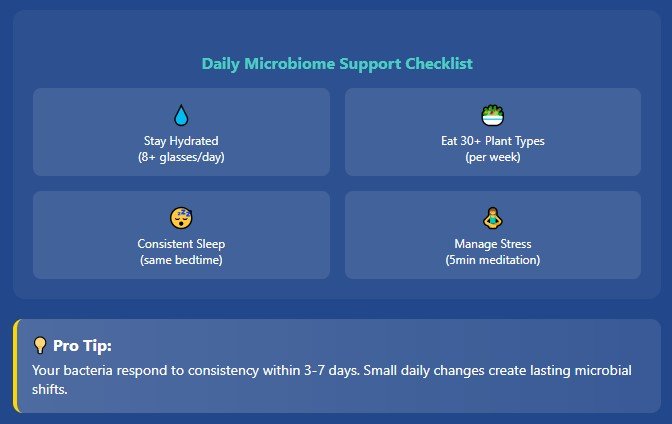
- Quality sleep (your bacteria have circadian rhythms, too!)
- Stress management (stress hormones directly affect your microbial partners)
- Consistent eating patterns (your bacteria thrive on routine)
- Diverse, fiber-rich foods (feed your unique bacterial ecosystem)
3. Embrace Your Microbial Heritage
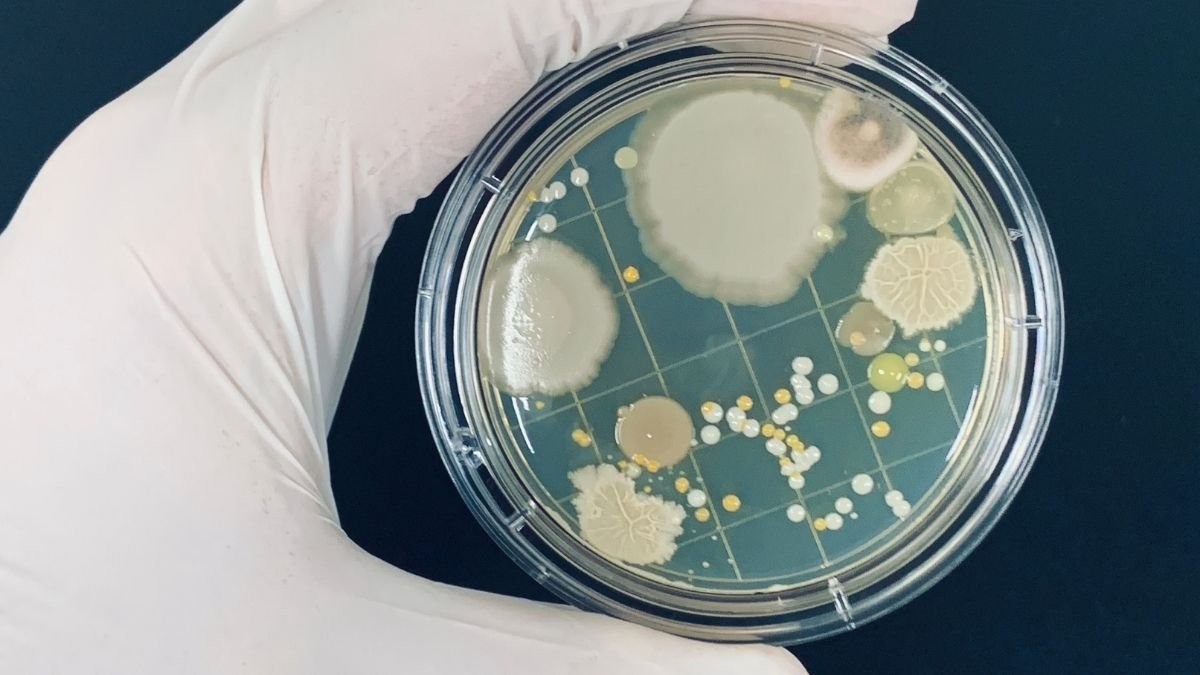
If you’ve moved countries or dramatically changed your lifestyle, consider maintaining a connection to your microbial roots.
Research shows immigrants rapidly lose native bacterial species within months. Incorporating traditional foods from your background might help preserve beneficial ancestral bacteria.
4. Pay Attention to Your Body’s Unique Responses
Start noticing:
- Which foods make you feel amazing vs. sluggish
- How your digestion responds to stress
- What environmental changes affect your gut health
- Which lifestyle factors support your energy and mood
Your bacteria are giving you personalized feedback all the time. You just need to start listening.
The Bigger Picture: What Makes Us Human?
Redefining Human Identity
Traditional View 👤
Holobiont View 🌐
Privacy & Ethics Timeline
This research raises profound questions about identity itself.
If your bacterial ecosystem is more unique than your DNA, more stable than your habits, and more influential on your health than many genetic factors, what does that say about what makes you “you”?
Some scientists now argue we should think of ourselves as “holobionts”—integrated human-microbe ecosystems rather than individual organisms.
Mind-bending, right?
Privacy in the Microbial Age
As this technology advances, we’ll need new frameworks for:
- Bacterial privacy rights (who owns your microbial data?)
- Microbiome discrimination (can employers access your bacterial health profile?)
- Forensic regulations (when can police use your microbial signature?)
These aren’t distant sci-fi concerns—they’re happening right now.
Your Next Steps

Here’s what I want you to take away from all this:
You are not just a human with some bacteria along for the ride. You are a walking ecosystem, and your bacterial partners are as much “you” as your brain cells or heart muscle.
Start Your Microbiome Journey
- Pay attention to your gut feelings (literally—your bacteria influence your mood and decisions)
- Experiment with your unique responses to different foods, sleep patterns, and stress levels
- Stop trying to optimize for someone else’s bacterial profile and start working with your own
- Consider your microbial health when making major lifestyle changes
- Stay informed as this field evolves—personalized microbiome medicine is coming fast
The Bottom Line
Your gut bacteria are more uniquely yours than your fingerprints. They’re more stable than your shared “healthy” bacteria. And they might be more important for your health than anyone previously.
This isn’t just cool science—it’s a completely new way of thinking about health, identity, and what makes you uniquely you.
The question isn’t whether microbiome-based personalized medicine will become mainstream. It’s whether you’ll be ready to embrace your bacterial uniqueness when it does.
Ready to start paying attention to your microbial partners? Your bacteria have been waiting your whole life for you to notice them. Maybe it’s time to say hello.
Want to dive deeper into your unique microbiome? Start keeping a simple gut health journal—track how different foods, sleep patterns, and stressors affect your digestion and energy. Your bacteria are trying to tell you something. Are you listening?






